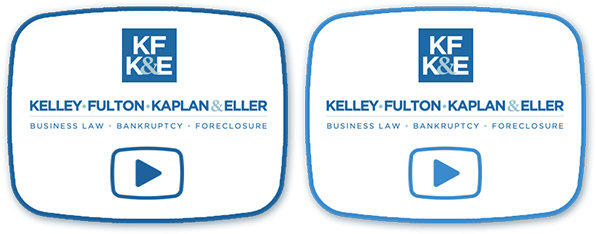Stuart Chapter 11 Bankruptcy Attorney
It is not uncommon for people to become overwhelmed with high levels of debt they cannot repay. In these cases individuals may consider filing bankruptcy. Many people first think of Chapter 7 or Chapter 13 bankruptcies when they are thinking about filing. However, there is another type that is very useful for both individuals and businesses and that is Chapter 11 bankruptcy. Filing Chapter 11 bankruptcy has many similarities to filing other types of bankruptcy. However, there are some key differences. Below, our Stuart Chapter 11 bankruptcy attorney explains more.
Who Can File Chapter 11 Bankruptcy?
One of the ways in which a Chapter 11 bankruptcy differs from other types is that it is not always the debtor that files the bankruptcy petition with the courts. Chapter 11 bankruptcy is often filed by business owners. In these cases, the business owner can assume the role of debtor in possession, which means that they can continue to control their assets, including the business, until a bankruptcy trustee is appointed, the case is converted to a Chapter 7, or all of the parties involved agree to a repayment plan.
Although business owners can file Chapter 11, so too, can certain creditors. When creditors are not being paid by the business, they can force the business owner to file. This is known as involuntarily filing. Creditors must meet certain conditions before they can force an involuntary filing.
Lastly, certain individuals can also file Chapter 11 bankruptcy. The Chapter 7 and Chapter 13 bankruptcy processes are only equipped to handle certain amounts of debt. When individuals have much higher levels of debt, Chapter 11 bankruptcy may be a better option.
How to File Chapter 11 Bankruptcy
The process of filing Chapter 11 bankruptcy is very similar to filing other types. Borrowers file in the court in the same county classified as their domicile or the county in which their business is located. Once the petition is filed, borrowers must show that they have completed a credit-counseling course within the 180 days prior to filing. Debtors must also submit evidence of any income provided by any employer within the past 60 days. A schedule of monthly income, as well as a reorganization plan for repaying the debt, must also be submitted.
After the reorganization plan is approved by the court, the borrower will repay their debt using the income they earn. There is no absolute limit on how long a Chapter 11 bankruptcy should take. Some cases are finalized just a few months after the petitioner files, while in other cases it can take anywhere between six months and two years before a Chapter 11 case is closed.
Our Chapter 11 Bankruptcy Attorney in Stuart Can Help with Your Case
Chapter 11 can make your debt levels more manageable, but one small mistake could jeopardize your case. At Kelley Kaplan & Eller, our Stuart Chapter 11 bankruptcy attorney will ensure that no mistakes are made so you have the best chance of a good outcome. Call us now at 561-264-6850 or contact us online to schedule a consultation and to learn more about how we can help.




